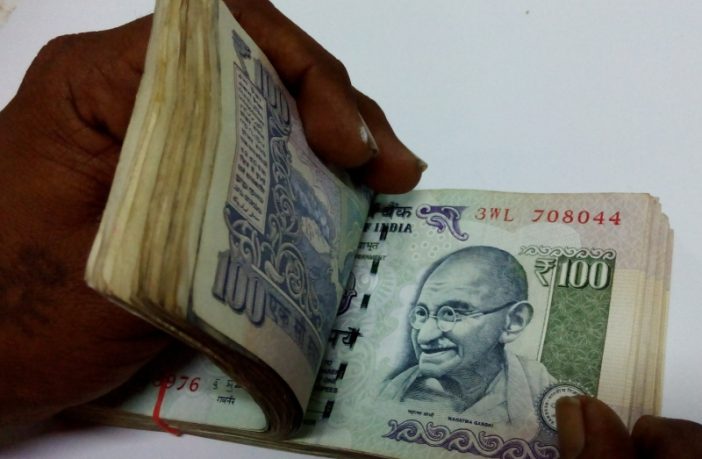
Banking in India is, overall, a bad experience. Let’s not beat around the bush and look for explanations for this – there are too many horror stories and little or no incentive for banks to innovate or even improve. The fact that banks have backed off is exactly why there is even a gap in the market that online payment services can fill, and these start-ups have filled a number of important roles that banks could have easily filled. themselves, if they had wanted.
Instead, banks treated the digital revolution with snarling suspicion and only embraced technology when they had no choice in the matter. This is why essential elements of the whole process, such as security, have lagged behind with shocking shortcomings.
So is it any surprise that Indian banks are now closing ranks against online wallets that could pose a threat to banks? According to a Mint report, the State Bank of India blocked customers from transferring money to Paytm; Oxigen has also had issues with SBI, as well as Citibank and ICICI. The fact that Oxigen – which enables SBI to expand its reach across India through the Business Correspondent model – is struggling despite being an important partner is disconcerting.
But the thing is, these startups could seriously disrupt the business of banks, so it’s perhaps unsurprising that a backlash is beginning. Today, companies like Paytm and Mobikwik are used for top-ups, bill payments, and even remittances.
(Also see: Banking the Unbanked: How mobile wallets can become a tool for financial inclusion)
It’s not possible for banks to build ATMs and branches everywhere, but if you’ve ever spent time working with people who aren’t economically privileged, you’ll soon find that they’re actively discouraged to use banks by staff who think it’s not worth it. effort. In such a scenario, the fact that anyone with a mobile phone (not even necessarily a smartphone) can store and transfer money, without having to pay additional fees, is a very important tool. Add to that the fact that people can then cash out that money either through a business correspondent or even send it to a bank account, and the utility is clear; all you need is a working SIM card.
So when you consider these new companies getting licenses to open their own banks, which will be able to issue ATM debit cards, it becomes even easier for people to convert digital money into cash. Payment banks cannot offer loans, but they can pay interest on the money saved in their accounts. It’s not much, but certainly enough to understand why banks are worried now.
![]()
(Also see: what are payment banks, what can and cannot they do, and who will they affect?)
Banks have seen the impact of e-commerce on retail and they seem determined not to be similarly disrupted. E-commerce might hold a tiny share of the market today, but the power it wields is disproportionate – offline sellers have had to cut spending and many have turned to the online space themselves, in the face of the onslaught of offers and discounts they couldn’t keep up with.
With the example of e-commerce in front of them, banks seem to be doing what they can to avoid finding themselves in the same situation. However, these preventive movements do not really take into account the interests of the client, and this is a real problem.
![]()
Imagine if other companies had behaved like banks are acting now. Cellular carriers that had accumulated large numbers of users charged sky-high interconnect fees to prevent new businesses from forming, and DTH carriers were denied access to channels because their parent companies were in competition. In both cases the government had to intervene – something that may be needed again. A payment interface, which allows banks, wallets and others to interconnect without relying on the goodwill of other parties, is essential. This would also solve another big problem that the wallets themselves have – since the different wallets are not interconnected, you cannot use your Paytm money to take advantage of a recharge offer on MobiKwik, or vice versa.
Ultimately, neither banks nor wallets should be able to dictate how and when we spend our money. Payments can’t exist on islands, and instead of fighting disruption, banks should find ways to embrace them and improve the work we’re seeing from startups.
Disclosure: Paytm’s parent company, One97, is one of Gadgets 360’s investors.
Check out the latest from the Consumer Electronics Show on Gadgets 360, in our CES 2023 hub.
Tech




